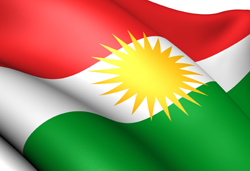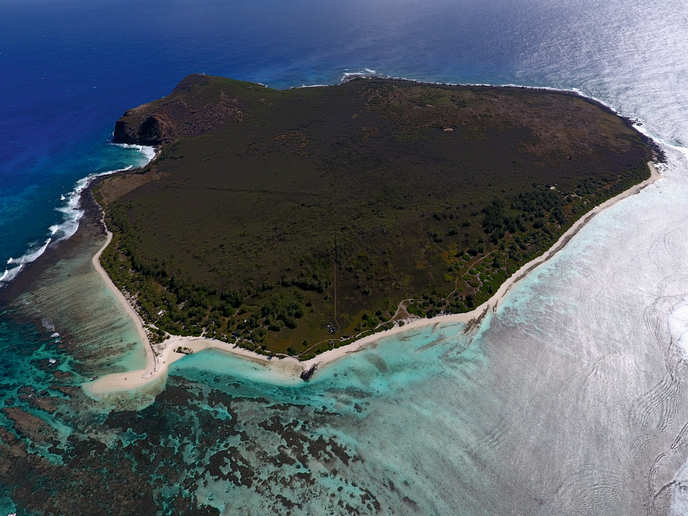Helping Kurdish survivors of violence
The Kurds are a Middle Eastern people, speaking a language related to Persian. The main population dwells in a region called Kurdistan, north of Iran. Following the breakup of the Ottoman Empire, western colonial powers carved up Kurdistan among modern Iran, Iraq, Syria, Turkey and the former Soviet Union. The Kurds remain effectively stateless. Today, Turkey retains the largest Kurdish population and Kurds are the largest minority group there. Turkey has long suppressed their culture, leading to civil conflict and warfare resulting in Kurdish civilians suffering numerous ongoing atrocities. An EU-funded Danish study, 'Violence expressed - a comparative study of testimonies of violence amongst Kurdish activists' (VIOLEX), aimed to determine how people from conflicted societies process violence. VIOLEX looked at how Kurdish activists in Denmark and Turkey retold and made sense of their violent experiences. The study focused on torture since it is key in defining survivors' access to rehabilitation and asylum. Assessment relies on applicants reporting their experiences, because modern torture methods often leave no physical trace. However, survivors are often reluctant to discuss it, making determining the truth problematic. Aside from direct testimony, VIOLEX relied on patient files from the Dignity-Danish Institute against Torture. The files show the consequences of torture, the changing torture methods over 30 years, and how discussion about torture has changed during that time. These insights reveal the need for better research methodologies to avoid upsetting both study subjects and researchers. To this end, the Danish Research Fund supported VIOLEX to organise a conference on these subjects. Project research has resulted in two book chapters (in press) and two journal articles (in preparation), presented at international meetings. The work has also led to collaboration with other Scandinavian researchers, and will be extended as a three-year collaboration supported by the Norwegian Research Council.







